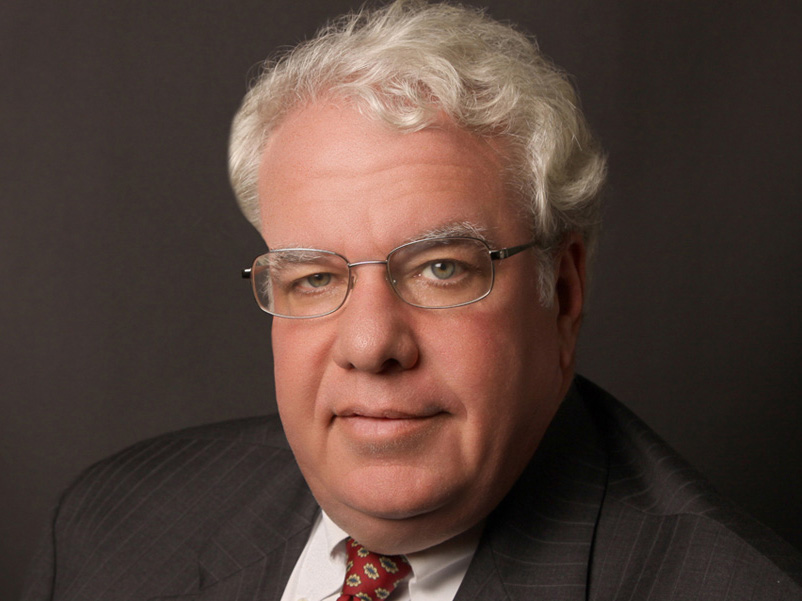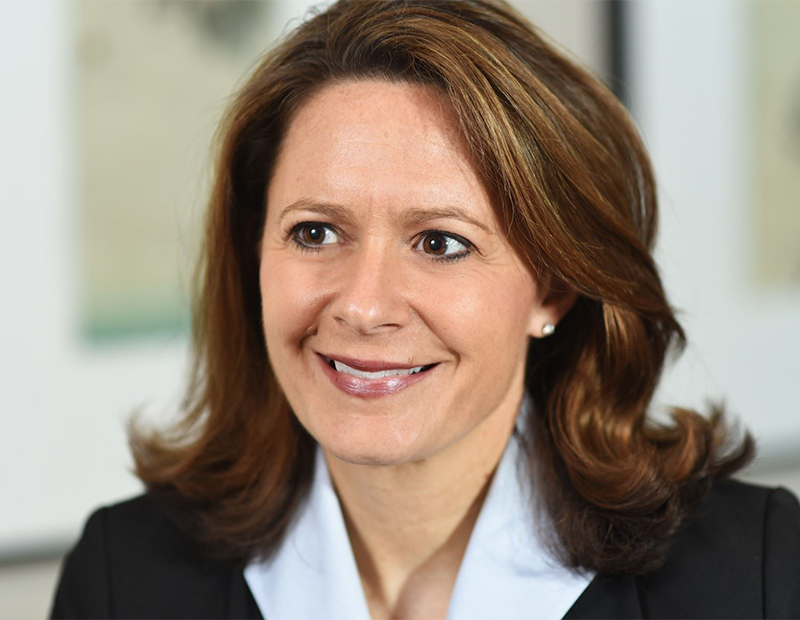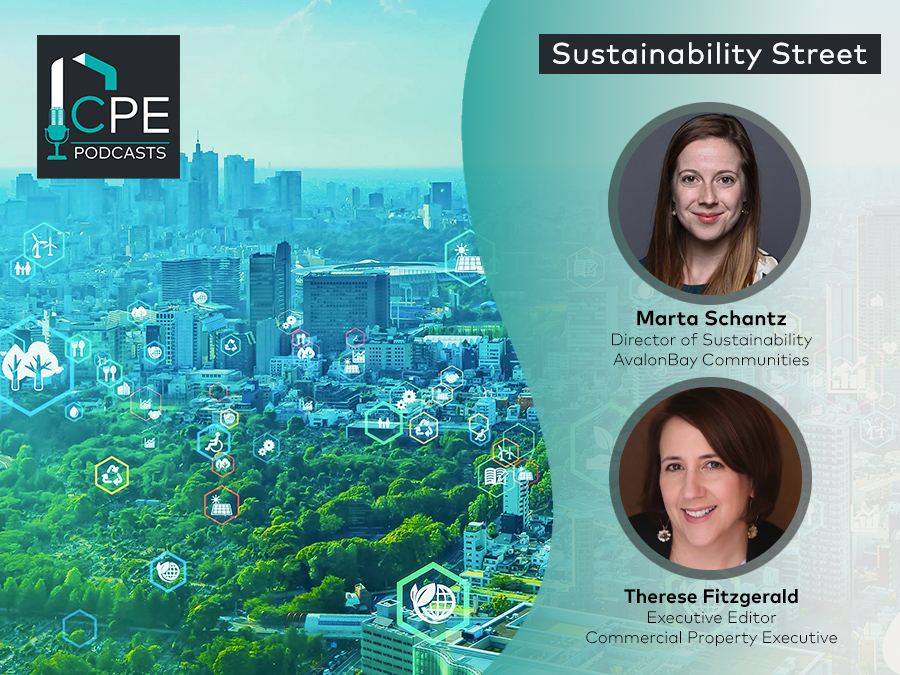ESG Allocations Are Rising. Do Investors Know How to Capture Them?
Allocations guided by environmental, social and governance principles are expanding rapidly, but REITs and other investors could be doing more to attract investment dollars and drive alpha.
Environmental, social and governance principles continue to gain momentum among investors, with some reports stating that 75 percent applied ESG principles to at least a quarter of their portfolio in 2019, compared to just 48 percent in 2017. Based on this and other growth indicators, we are forecasting that half of all professionally-managed investments in the U.S. will be comprised of ESG-mandated assets by 2025, and that investment managers will launch as many as 200 new ESG funds by 2023.
It’s likely that this demand will spill over into commercial real estate, which is no stranger to being environmentally conscious; green certification is now standard industry practice under such programs as GRESB and LEED. Many CRE firms voluntarily disclose carbon footprints or adopt sustainability-minded programs.
Yet as ESG investments continue to grow in popularity for the sector, it’s unlikely these designations and voluntary disclosures alone will satisfy the more discerning CRE investor eager to maximize returns. As our report notes, “It’s less about screening out ‘sin’ stocks and more about actively tapping into high-quality ESG data to increase the opportunity for alpha.”
Following are three considerations for REITs and other CRE investors to help capture a greater share of the growing allocation to ESG.
Leverage technology where there are data gaps.
Data is one of the more significant limiting factors in identifying ESG investments and realizing ESG-linked alpha. This is because there is still no mandated, standard approach to ESG integration and no consistent framework governing ESG principles, making quality, reliable and standardized data hard to achieve.
While technology isn’t going to be a one-stop solution for all ESG data challenges, CRE investors can tap into emerging technologies like advanced analytics to identify unreported, material ESG data and fold it into investment decisions. For instance, satellite imagery may be applied to identify material risks to the environment and the safety of workers on construction sites to fill the gap between company disclosures and material ESG data metrics. By implementing more sophisticated screening methods, firms will likely be able to uncover more attractive ESG investments and actively make the case for alpha.
Differentiate on ESG products to enhance client experience.
According to most investment managers, product innovation could be the future of ESG investing—68 percent of investors surveyed believe that product customization will fuel much of the growth in ESG investments. Invest-tech partners can help develop platforms that allow investors to choose among ESG themes and screen out companies that don’t meet specific standards, such as LEED/GRESB certifications. CRE investors who can put performance data and the power of choice directly in clients’ hands may be more likely to retain and grow ESG allocations over their competition.
Make ESG factors as routine as performance data in decision-making.
Performance may still be the most important factor in making investment decisions; however, ESG data and its ability to drive alpha could be on its way to becoming almost as important, if not equally, to U.S. investors. Yet only 23 percent of institutional investors have integrated ESG principles throughout their organizations and 30 percent have separate ESG and investment teams. This demonstrates that ESG metrics are often considered secondary to financial data (or not at all) and this is primarily done in a siloed approach.
What is the one consideration most likely to bring ESG to its full potential within CRE and across other asset classes? As ESG metrics gain greater equivalency with financial data, investment managers will need to rethink their approaches to routinely consider ESG metrics in all—not just some—investment decisions.
Steven Bandolik is a managing director with Deloitte Services LP and a senior leader in Deloitte’s real estate practice. Bandolik advises clients in capital markets (debt and equity), corporate finance, mergers and acquisitions, investments, strategy, restructuring and reorganization and asset recovery. Bandolik brings more than 35 years of effective, hands-on real estate investment, finance, development and asset/property management experience, both as a leader and as a strategic advisor.
Kristen Sullivan is an Audit & Assurance partner with Deloitte and Touch LLP, and Americas region sustainability services leader for Deloitte Global. She works with clients to help address their sustainability and non-financial disclosure needs, bringing extensive experience in delivering sustainability risk assessment, governance, strategy alignment, measurement, reporting and assurance services. She also serves as Deloitte’s Supply Chain Social Compliance services leader.











You must be logged in to post a comment.